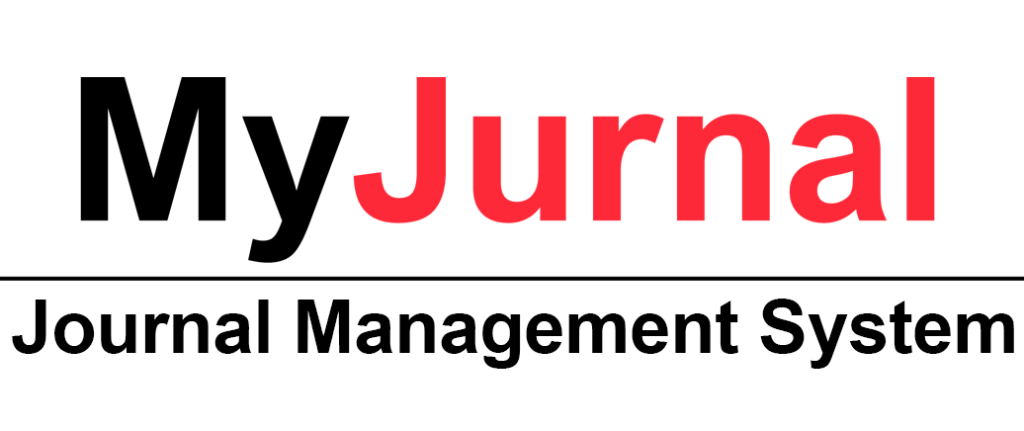Arabic Language Phoneme Pronunciation Difficulties Among Upper Basic Hausa-Speaking Students in Kano State, Nigeria
DOI:
https://doi.org/10.31436/ijes.v9i4.310Keywords:
Arabic language, Consonants, Vowels, Phoneme , Hausa-speaking studentsAbstract
In the process of learning a foreign language, there are some indispensable learning problems, especially in the pronunciation aspect. Therefore, this study investigated Arabic Language phoneme pronunciation difficulties among Upper Basic Hausa-speaking Arabic Language students in Kano State, Nigeria. The total population for the study was all Upper Basic Hausa-speaking students of Arabic in Kano State, Nigeria. Two hundred (200) Hausa-speaking Arabic students were sampled from the 3 senatorial districts in the state involving 9 Local Government Areas using multistage sampling procedure. A Pronunciation Test adapted from Adebayo (2010) with a reliability coefficient of 0.75 was used for data collection. Only 180 Pronunciation test that were properly filled and returned were subjected to both descriptive and inferential statistical analysis. The percentage was used to answer the research questions while Chi-square was employed to test the hypotheses postulated at the 0.05 level of significance. The findings of this study revealed that a number of Arabic consonants constitute pronunciation difficulty for the students due to the presence of their corresponding consonant sounds in Hausa language, while all Arabic vowels did not constitute much pronunciation difficulty for students. The findings also revealed that there was no significant difference in the Arabic consonant and vowel sounds that constitute pronunciation difficulties for male and female Upper Basic Hausa-speaking students of Arabic from both public and private schools in Kano State. In the light of these findings, it was recommended among others that, teachers of Arabic language should pay more attention to the various Arabic consonant and vowel phonemes as well as the Arabic syllable patterns that constitute pronunciation difficulties for the Hausa-speaking students of Arabic. The attention of Hausa-speaking students of Arabic should also be drawn to the semantic implications of phonemic replacement, reduction or prolongation.
Metrics
Downloads
Published
How to Cite
Issue
Section
License
Copyright (c) 2021 IIUM Press, International Islamic University Malaysia

This work is licensed under a Creative Commons Attribution 4.0 International License.
The Journal will own copyright to all published works and have the right of first publication, both in print and online, unless other arrangements are made with the Editors in advance. It is the author`s responsibility to ensure that where copyright materials are included within an article the permission of the copyright holder has been obtained beforehand.






















